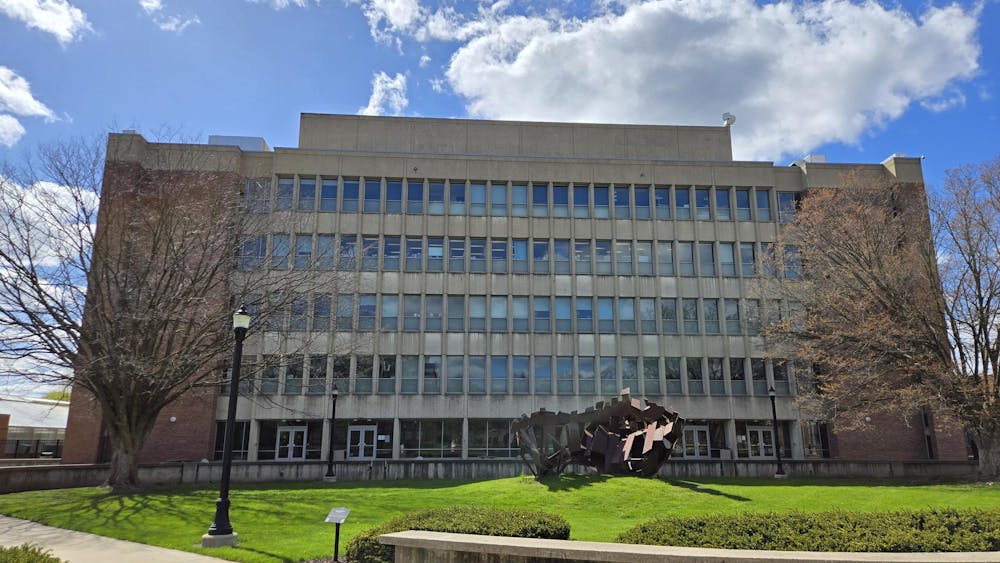Just down Washtenaw Road, near the University of Michigan campus, there are 550 students who own their own homes. These are the members of the Inter-Cooperative Council at U of M. Their story is compelling, and it raises a simple question: is it time to start co-ops in Ypsilanti?
Below the surface, a co-op is just a group of people who have banded together to form a democratically-controlled business, which could be a credit union, a food co-op, a rural electric cooperative – or a housing cooperative. In this case, a student-housing cooperative is “owned and controlled by students, for students.”
Unbelievable, some might say, but true.
Before World War II, most students lived in large rooming houses. But in 1932, a group of men in Ann Arbor organized a cooperative, renting a whole house instead of individual rooms. This became a model for others, and rental co-ops quickly expanded until the beginning of World War II.
During the War, speculators began to buy the old houses and convert them into apartments, which are easier to manage. Co-ops began to lose their leases, and to survive, the ICC incorporated and purchased its first property in 1944. The ICC grew over time, tapping into equity to expand. They now own 19 buildings.
The members live and eat together in boarding-house style, much as they did decades ago. They work together to keep the cost low, spending about four hours per week to cook, clean, do minor maintenance and administer the affairs of the cooperative. In house meetings, they make decisions over daily affairs, and through an elected board of directors, they hire staff, set budgets, and oversee property worth over $7 million.
Ask members why they live in the co-ops, and you’ll get a variety of answers.
For many, it’s about affordability. The student co-ops began during the Great Depression when cost was a great concern, as it is now.
As tuition and other costs continue to spiral, saving on housing is one way to keep student debt at a reasonable level, and an average Ann Arbor co-op space costs roughly 47 percent of a residence hall double.
Another reason is community.
All too often, students only meet in classes, at their part-time jobs, or at parties. Apartments can be isolating, and residence halls rarely gel into genuine communities. At Eastern Michigan University, the large commuter population adds to a sense of group transience. But in co-ops, the members live, eat and work together, developing strong bonds of friendship and a sense of community.
Other co-op members will talk about control. They actually own their property, and for the first time, there are no parents, landlords, alumni or university administrators to tell them what to do. It works. For more than eighty years, the co-ops have successfully proven that students are indeed capable of making good decisions.
Yet another reason is tolerance.
Robert Sandberg, who lived in the co-ops from 1939-42, said: “Living in the Congress House was one of the most valuable experiences of my life. It taught me that a man’s race, religion, color, or political beliefs were unimportant. The only thing that matters is the kind of individual inside the skin.”
Members are drawn to co-ops for all these reasons. And for all of these reasons, EMU needs co-ops.
The writer, Jim Jones has worked for over 40 years with student cooperatives across the United States and Canada, including 15 years as manager for the Inter-Cooperative Council at the University of Michigan.









